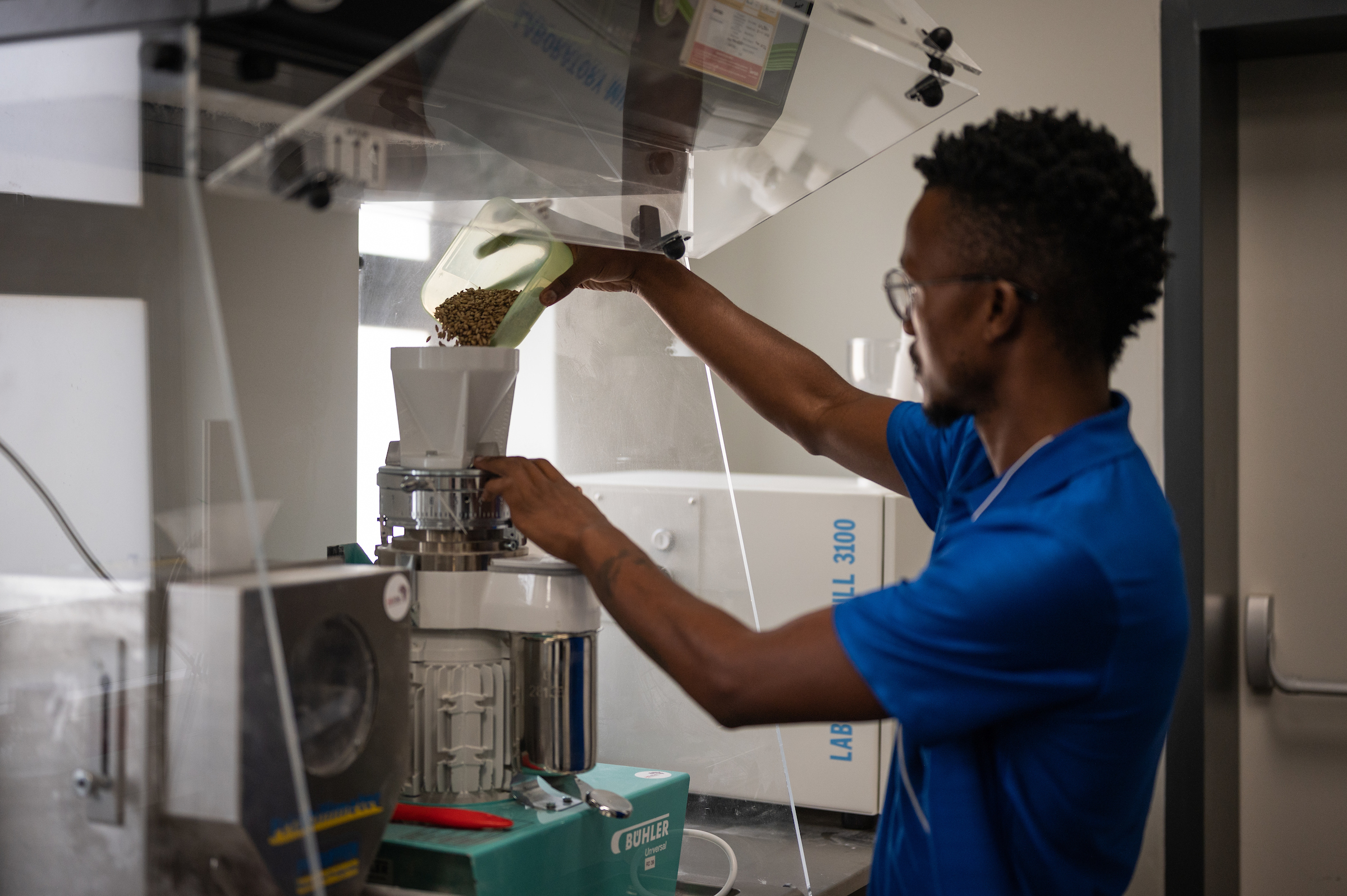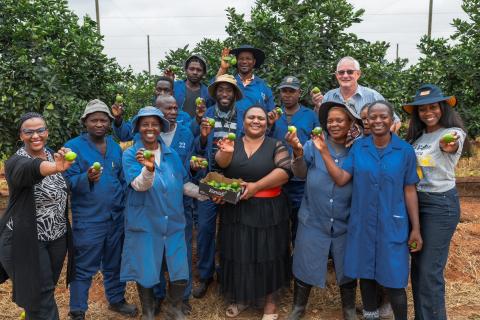
This Growers Appreciation Day, SAB unpacks its relationship with barley growers and provides a perfect case study for how corporates should interface with their agricultural suppliers.
There is no question that SAB brews some of the best beers in the world. Yet, any brew master would tell you that a beer is only as good as the raw materials that go into it. According to SAB Director of Agri Development, Josh Hammann, barley is one of the secret ingredients to SAB’s brewing success and is a crop the brewer is dedicated to growing in more ways than one.
Did you know the entirety of South Africa’s malt barley harvest goes directly to the production of SAB’s beer? Hammann says this industry grows and processes around 400 000 tons of barley every year, fuelling an industry that generated R1.8bn per annum and supports around 500 commercial farmers.
“Barley is big business, and it is our duty, as SAB, to protect it as we essentially depend on their product to make ours,” he adds. “This is why we have made it our business to support the barley industry and empower our farmers to grow the best crop year on year.”
Two decades ago, SAB joined forces with the South African Barley Breeding Initiative (Sabbi) - a programme that aims to continuously develop superior barley varieties through a deeply entrenched scientific process. “Through Sabbi, we are able to keep our fingers on the pulse of our raw materials and work directly with the farmers who keep our product standards high,” says Hammann.
Why is this important? The reality is that barley grown for malt is a notoriously difficult crop to grow. Nutrient and disease levels need to be monitored closely and the impacts of climate change are only adding to the challenge. If one thing goes wrong in the growing process, the crop loses all its value and is only suitable to be sold off as feed for livestock.
It is imperative for the industry, and for SAB, to ensure that the right malt varieties are used – ones that are perfectly adapted to the Southern Cape, the only region in South Africa suited to growing barley.
“Sabbi aligns with farmers, understands their conditions, their needs and their challenges. They can then use this knowledge to put in place the necessary research and development to increase yield potential, disease resistance, malting quality, agronomic characteristics and even brewing quality,” says Hammann.
Sabbi’s Research and Development mission is to ensure sustainable barley production for the benefit of SAB and the farmer. This results in better quality, higher yielding, and more resistant barley varieties as well as increased knowledge of enhanced agricultural production practices in order to provide more value.
There are few agricultural sectors that are wholly centred on a single buyer. Hammann believes this to be an incredible advantage. “There is an interface in the relationship we have with our farmers and Sabbi that is unique and should be celebrated. As a buyer, we are deeply intrenched and appreciative of the growers who supply us with the ingredients we need to brew our best beers.”
In the spirit of celebrating growers, Hammann acknowledges this collaboration as a key strength in mitigating the risks presented by climate change and the current shortage of malt barley in the global market. “We appreciate our growers by working with them and organisations like SABBI. That is our continuous commitment to the industry and a win-win for all involved,” Hammann concludes.



